Empowering Minds, Nurturing WellBeing
Innovative teaching strategies that promote both academic success and learners’ health & wellness.
Why Us
Designed to Help Children Reach their Full Potential
The Happiness Curriculum supports students in their journey to sustainable happiness through engagement in meaningful and reflective stories and activities.
Evidence Based Research
The Curriculum is based on the latest research in emotional intelligence, mindfulness, neuroscience and resilience.
Passionate Facilitators
Our well trained facilitators have a passion for wellbeing and helping students realise their full potential.
Innovative & Holistic Approach
Our approach is unique, holistic and geared towards developing children on all levels in order to equip them for life!
Curriculum Outline
Class I & Class II
The curriculum designed consists of mindfulness activities, simple stories and basic reflective activities. This is done keeping in mind the developmental age of the learners as they are more expressive and able to engage in conversation.
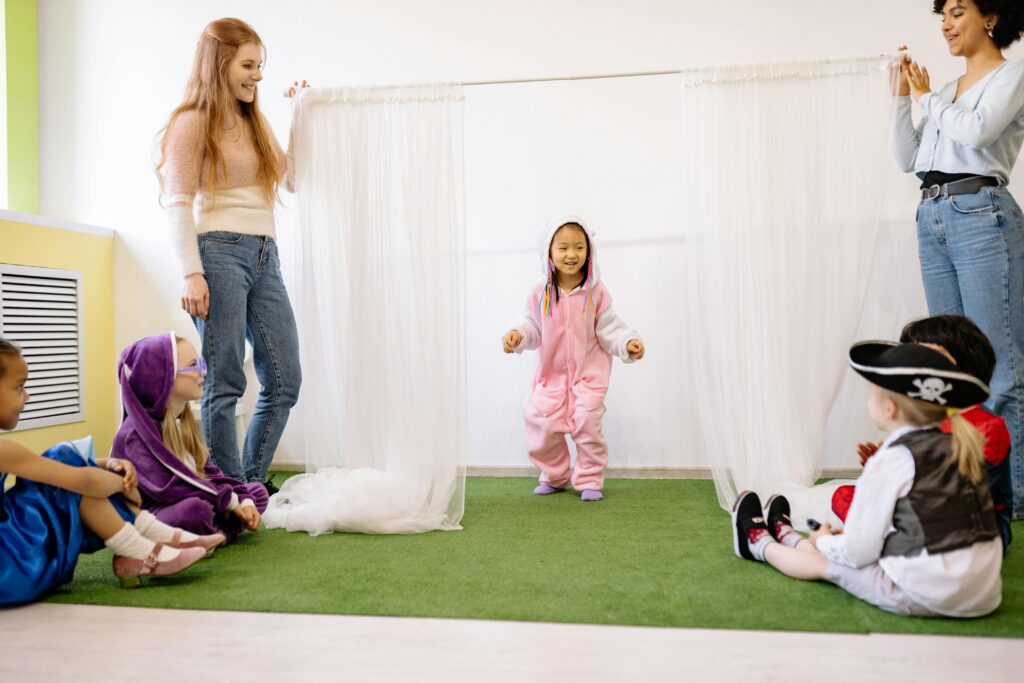
Class III to Class V
These classes focus on developmentally age appropriate mindfulness activities, evocative stories, reflective activities and self-expression. The students learn to cooperate in group settings, are more expressive and begin to develop their own point of view.

Class VI to Class VIII
The curriculum offers age appropriate mindfulness activities, thought provoking stories, reflective activities and self-expression. These students can reflect better, gain insight into their thoughts and feelings, and positively transform their behaviour.
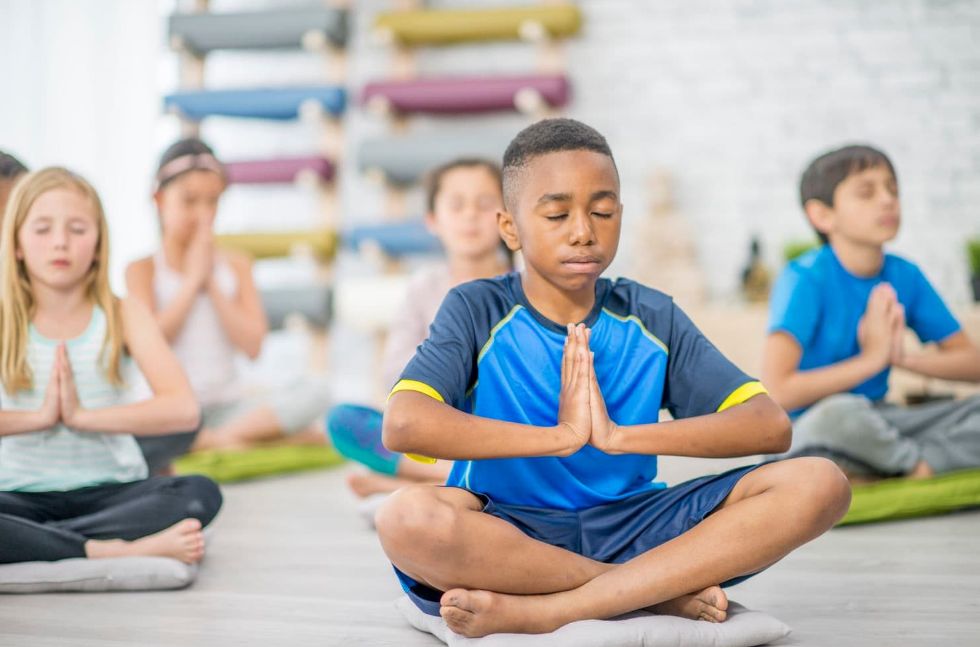
Happiness – A Global Policy
Happiness is now part of the global policy agenda. The United Nations General Assembly recognised happiness as a fundamental human aim in Resolution 65/309, titled ‘Happiness: towards a holistic approach to development‘, in 2011.
According to the 2015 World Happiness Report, schools that prioritise student wellbeing have the potential to be more effective, resulting in improved learning outcomes and higher achievement in learners’ lives.
Numerous studies imply that the primary goal of education is to develop confident, attentive, responsible, and joyful individuals who will work together to create a happy and harmonious society.
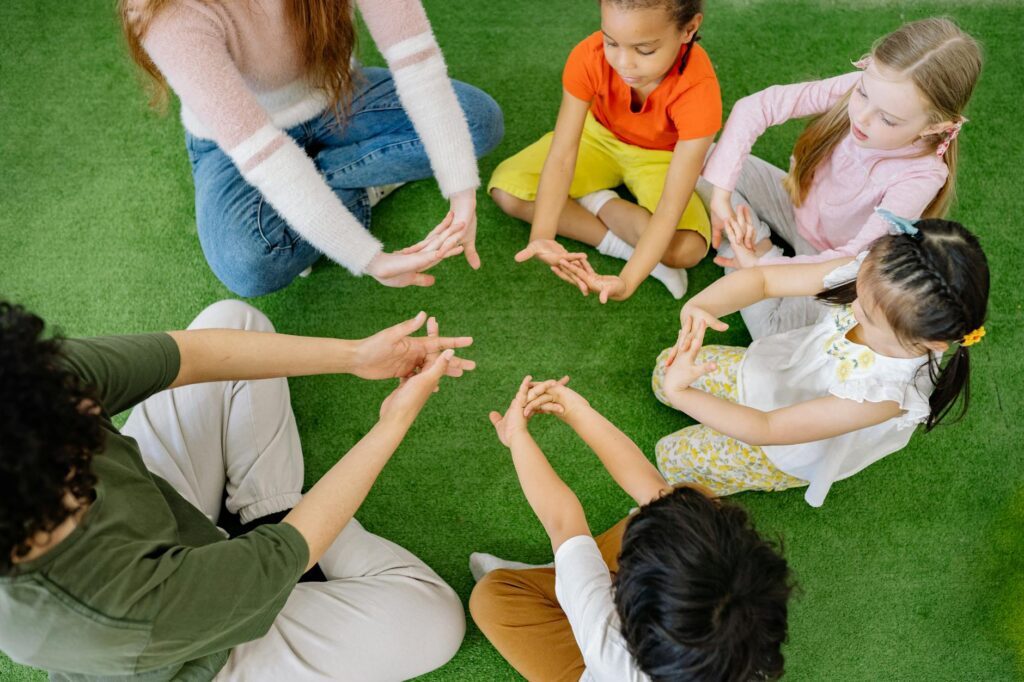
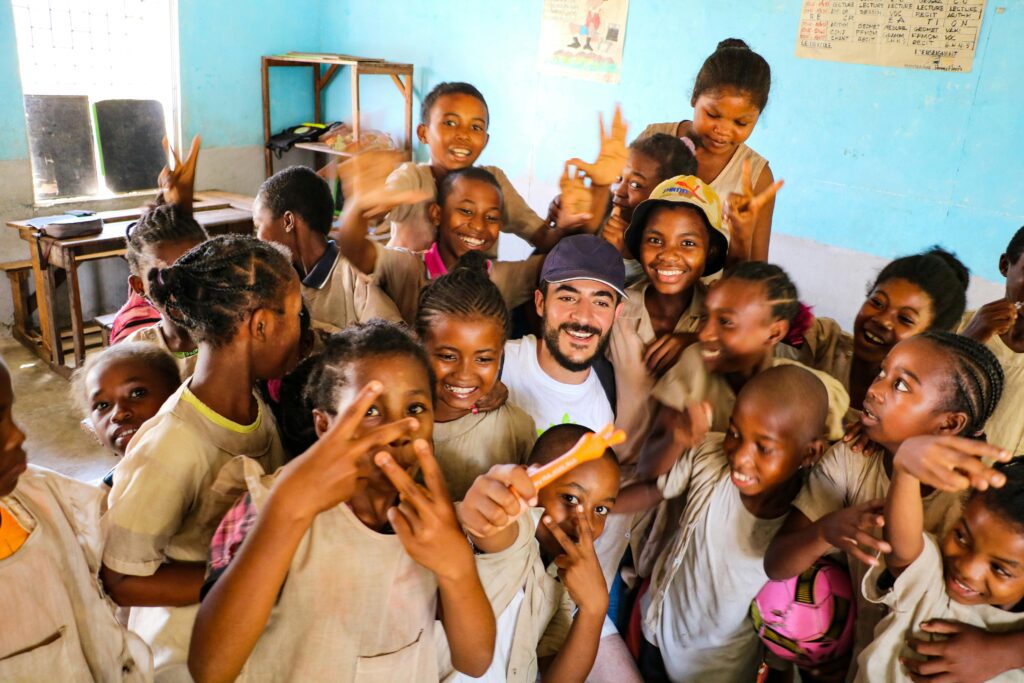
Journey to Happiness
The Happiness Curriculum is designed to teach children how to be in harmony with their inner beings and discover themselves while learning. If we instil happiness in children from a young age, they will grow into stress-free and happier adults. The overall purpose of the curriculum is to support students in their journey to sustainable happiness through engagement in meaningful and reflective stories
and activities.
From a developmental perspective, as children grow up, their cognitive, psychomotor and affective abilities develop further. As per Piaget’s theory of cognitive and affective development (1983), theoretical and hypothetical thinking, and abstract reasoning start to develop during their developmental years. There develops a strong desire in them to seek knowledge, to understand the world and to find meaning and purpose in life.
Happiness Curriculum Objectives
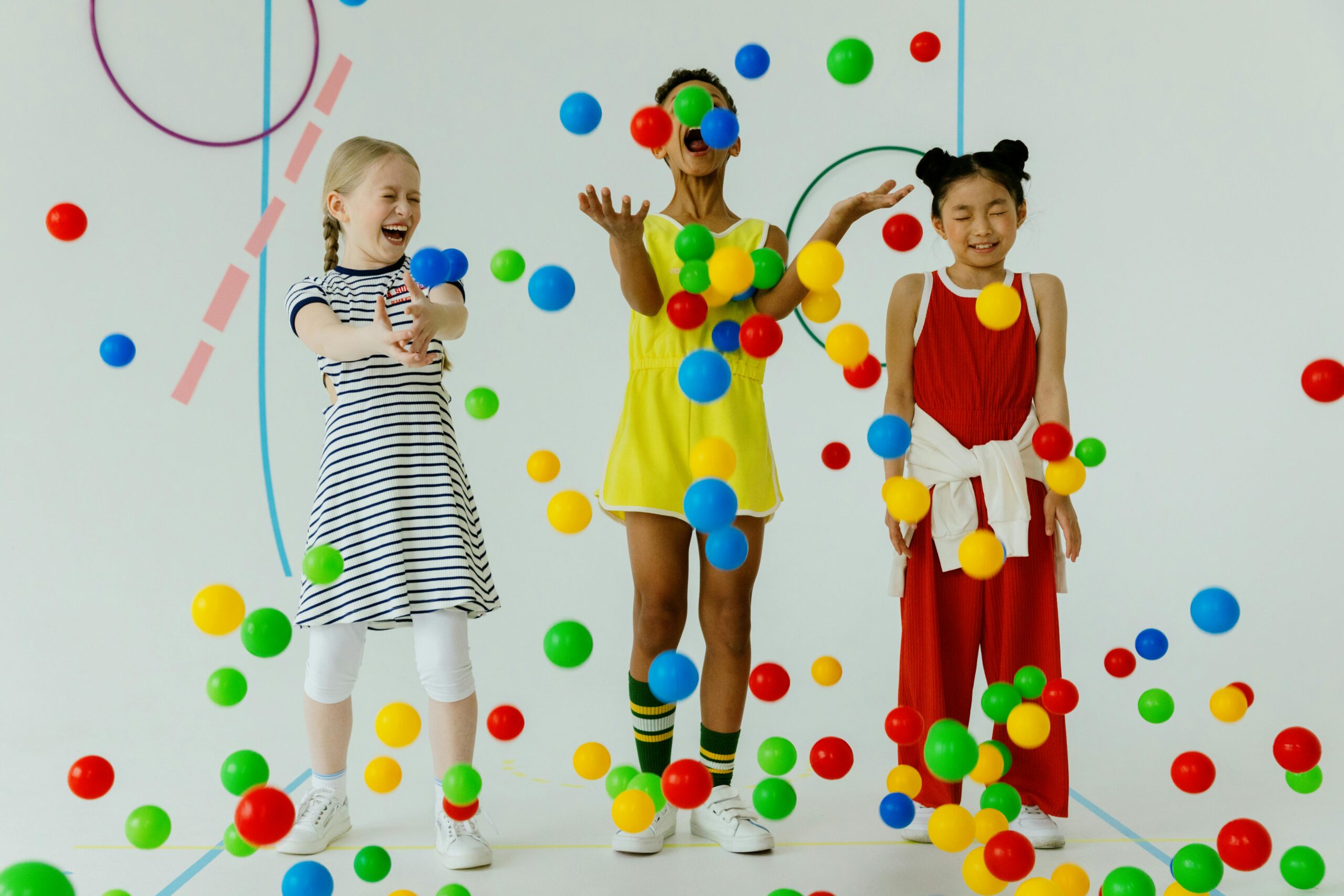





More than Just a Joyful Place
The Happiness Curriculum encourages students to explore, experience, and express happiness in deeper and more sustainable ways.
